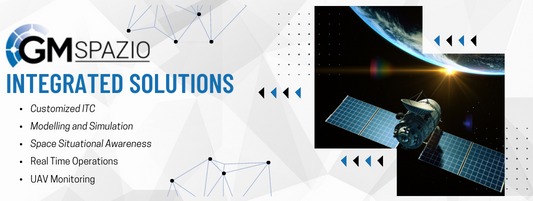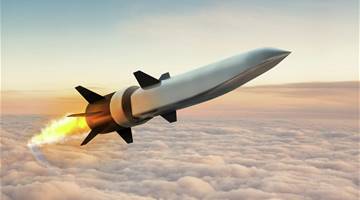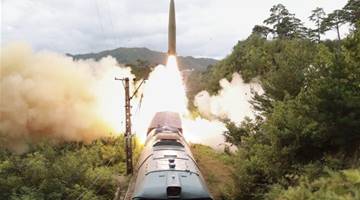
The battle for dominion over Earth is being waged on the Moon
After many years during which the space race had shifted the focus of major nations away from the Moon to more coveted destinations, our satellite is once again of great interest for space exploration. Behind the curtain of space exploration and the myth of extraterrestrial colonization, there is always a geopolitical competition for the new world order on Earth.
In the past century, the race to the Moon was primarily between the USA and the Soviets, but today there are many more competitors. The USA, China, India, Israel, Japan, and Russia (whose race is now hindered by sanctions imposed due to the war in Ukraine) have been preparing various missions over the past years and are planning others with very specific purposes, although so far only three countries have reached the lunar surface.
What about Europe? Europe is also participating in this new push toward lunar colonization in collaboration with the USA, although at the moment, it seems to be slightly behind the others, with the risk of not only losing the race to the Moon but also its geopolitical relevance on planet Earth.
The strategic importance of the Moon
Surface temperatures vary from 127°C in full sunlight to around -173°C in the dark, and the lunar exosphere does not shield from the Sun's radiation. It is not an easily colonizable environment. So why go back?
The Moon is the new Eldorado, rich in minerals and rare metals (the 17 chemical elements known as "rare earths" used in all digital technologies, including scandium, yttrium, and the 15 lanthanides), helium-3, an isotope that could provide nuclear energy in a fusion reactor without producing hazardous waste, and water, which is mostly stored as ice in craters at its poles.
"Water is the oil of space," explains Patrizia Caraveo, director of the Institute of Space Astrophysics and Cosmic Physics in Milan, "and it can be split into hydrogen and oxygen. Hydrogen can provide 'fuel' to power batteries, thus energy. Oxygen is the other great wealth for future human lunar colonies that will need to drink, eat, and breathe."
So, water represents both a source of fluids for astronauts exploring the Moon and a potential source of hydrogen for fuel production and oxygen to support missions to Mars or mining activities, considering that space mining is subject to relatively limited governance.




.png)
